Early support and mental healthcare services matched to individual needs can improve the wellbeing of people at risk.
This priority area has been assessed against available services in our region. We consider service gaps in relation to these needs, and you can view services funded by the PHN through the PHN Services Library.
Opportunities
Because of relatively high rates of anxiety and depression, and deaths from suicide, appropriate support and care is a high priority for the region. Communities recognised that early intervention and support can help prevent mental health concerns.
Potential focus areas include:
- counselling and referrals to PHN services and other supports, such as financial assistance
- help-seeking, including regional and local community engagement events
- linkages and support programs for young people at risk
- localised mental health responses for communities with high rates of suicide
- stepped care to allow improved referral options across the region, with e-referral and health service navigators enabling closer monitoring of wait times while ensuring appropriate priority for referrals.
Collaborative partners
- Hospital and Health Services
- Local Governments
- Peak bodies and service partners
- Accreditation and training agencies
- Regional Child, Youth and Family Committee
- Queensland Mental Health Commission
- Community leaders.
The outcomes of these actions will be seen in:
- decreased numbers of presentations to emergency departments for mental health
- decreased rates of suicide and self-harm.
Our progress
Rates of anxiety, depression and deaths from suicide in the region increased slightly over the last three years. This may reflect the additional stresses caused by the COVID-19 pandemic and lockdowns and its after effects, but still demonstrates that a focus on improving the accessibility and coordination of primary mental healthcare services is a high priority for the region.
Breaking down the insights
Related priorities
- Treating alcohol and drug use
- Improving the health of vulnerable groups
- Improving the health of Aboriginal and Torres Strait Islander peoples
- Increasing access and coordination of care
Updated: February 2025
Mental health
Almost one in two Australians will experience a mental health concern during their lifetime according to current data. Some of the major types of mental health conditions are anxiety, depression, schizophrenia, bipolar disorder, personality disorders and eating disorders. The most common are anxiety and depression.
Our area of focus
Our region has high levels of mental health concerns related to stress, including anxiety and depression. Regional areas with socio-economic disadvantage are particularly affected.
Evidence
- Around 13.5% of people aged 18 years and over have experienced high or very high psychological distress. This rate is similar to state and national rates (PHIDU 2025).
- Residents told us in our recent community consultations that when it comes to supporting their mental health, they would like to see:
- a more easily accessible referral system to help find, choose and access services they need; this includes more services available in the community, such as via telehealth (Health Consumers Queensland 2021b)
- an increase in
information and communication exchanged between health professionals about their care and the strategies to assist them
(Health Consumer Queensland 2021b).
Suicide Prevention
The causes of suicide are complex. Factors that may contribute to suicide include stressful life events, trauma, mental health issues, physical concerns, drug or alcohol use, and poor living circumstances (Leske et al. 2019, Leske et al. 2020).
Our area of focus
Our region has a relatively high number of deaths by suicide.
Evidence
- 18.5 people per 100,000 residents aged 0–74 die by suicide and self-inflicted injuries per year (2018–22). Of note, rates are 252 per 100,000 residents in Cherbourg, with our next highest LGA being South Burnett, with 24 per 100,000 residents (JRNA 2025-2028).
- Residents told us that when it comes to supporting their mental health and wellbeing, they would like to see (Health Consumer Queensland 2021b):
- improved access to specialist mental health services provided by psychologists or psychiatrists
- reduced wait times and costs in receiving care
- holistic approaches to support communities, health practitioners and people at risk of suicide, particularly in the referral process and in integrated delivery of care.
Young People
According to contemporary reports, around three in four (75%) Australians are likely to develop a mental health concern by the age of 25 (Kessler et al. 2007). Common mental health conditions in young people include major depressive disorder, anxiety, attention deficit hyperactivity disorder and conduct disorder.
Our area of focus
Our region’s young people have high rates of mental health issues.
Evidence
- For those diagnosed with a mental health concern, anxiety (64%), depression (48%) and bipolar disorder (2%) were the most prevalent mental health conditions diagnosed in the region according to the most recent studies (PHIDU 2025).
- Young people said that when it comes to supporting their mental health and wellbeing, they would like to see (Health consumers Queensland 2021b):
- improved access to mental health services for young people
- better access to specialised mental health treatments
- increased health promotion activities in schools
- more early interventions



